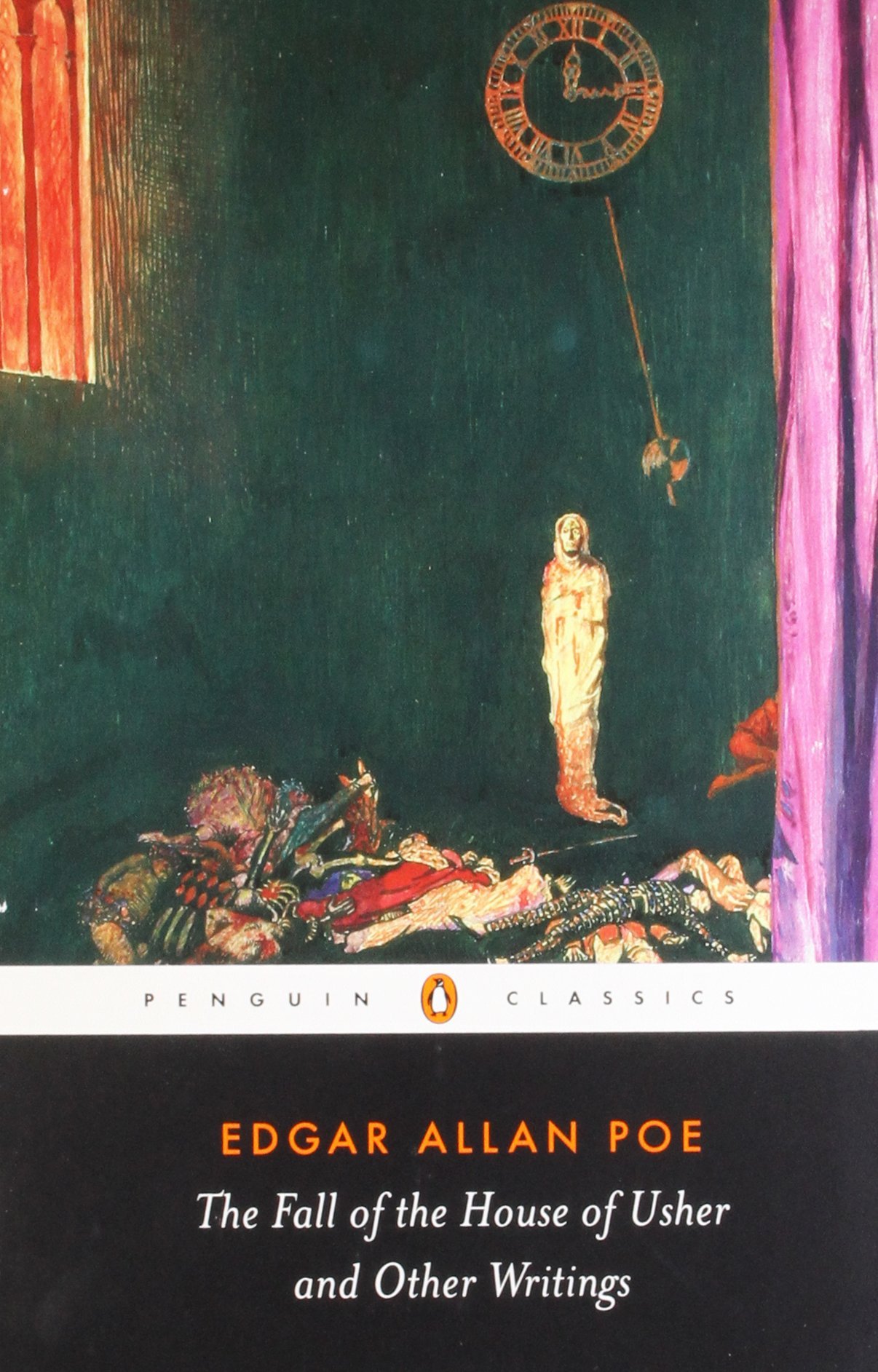What do you think?
Rate this book


Unknown Binding
First published January 1, 1967
I go through phases where I think Poe was the greatest writer that ever lived. They usually pass in 2-3 weeks or so, once I've had time to read and re-read his best stuff and be appalled by his worst. For the most part, this collection sticks to the best. There's not much of it. 200 pages would probably do it. Maybe 12 stories, some poems ('The Raven', 'Annabel Lee'). But page for page I don't think anything exceeds the beauty, craftsmanship, and visionary intensity of 'MS Found in a Bottle', 'The Tell-Tale Heart' or 'The Fall of the House of Usher'. Poe is a writer who collects disciples. He is revered as the inventor of the detective story, an accomplishment he himself shrugged off ('You just write it in reverse,' he is supposed to have said, or words to that effect). For me he is the inventor of whatever it is that we find next in Borges, in Kafka. A method of narration, of making the unreal real. It may even be the trick Gabriel Garcia Marquez said he learnt from his grandmother. I would hate for Poe to collect another label ('the father of magic realism') but for me he is the writer I go to when I want to learn how to suspend the reader's disbelief in a big way. I still remember my first reading of 'The Facts in the Case of M.Valdemar'. The plot is ridiculous, the stuff of B-movies, but through some sleight of hand the story is almost totally convincing. Appalling, horrifying. Sublime. Consider me a disciple.